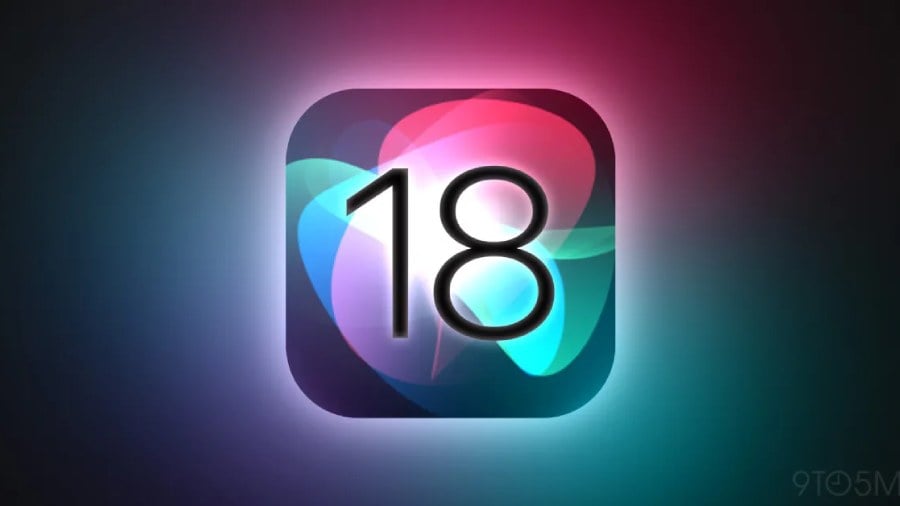Apple Restricts New AI Capabilities to Latest Pro iPhones
Apple's upcoming iOS 18 update promises to bring exciting artificial intelligence features to iPhones, but there's a catch - the most advanced capabilities will only be available on the iPhone 15 Pro and Pro Max models. This revelation has sparked discussion about Apple's hardware strategy and the future of AI on mobile devices.
Hardware Limitations Drive Feature Exclusivity
According to recent reports, Apple's decision to limit advanced AI features stems from the significant processing power required to run large language models efficiently. John Giannandrea, Apple's AI and machine learning head, explained:
Running these models on older devices would be too slow to be useful, despite being technically possible.
The iPhone 15 Pro models utilize the A17 Pro chip, featuring a 16-core Neural Engine that far outpaces previous iterations. Additionally, Craig Federighi, Apple's software engineering chief, hinted that RAM plays a crucial role, with all compatible devices having at least 8GB.
On-Device vs. Cloud-Based AI
iOS 18 is expected to introduce a range of AI-powered features, including:
- Notification summarization (dubbed Greymatter Catch Up)
- Object removal from images
- Enhanced Notes app with speech-to-text and summarization
- Improved Siri capabilities
While some basic, text-based AI functions will run on-device and be available to a wider range of iPhones (potentially including the iPhone 11 series and newer), the more advanced features will rely on Apple's servers and remain exclusive to the latest Pro models.
Not Just iPhones: AI Requirements Across Apple Devices
The hardware requirements for advanced AI extend beyond iPhones. iPadOS 18 and macOS 15 will also receive AI enhancements, but only on devices with M1 chips or later. This excludes Intel-powered Macs and older iPads, highlighting the importance of newer, more capable neural processing units (NPUs) in running on-device large language models.
Looking Ahead: The Future of Apple Intelligence
While some users may be disappointed by the limited availability of these new AI features, Apple executives maintain that this is not a ploy to drive sales of newer devices. Greg Joswiak, Apple's marketing chief, pointed out that even recent iPads and Macs don't support the full Apple Intelligence experience.
As Apple continues to develop its AI infrastructure, including custom chips for server-side processing, we may see broader availability of these features in future updates. For now, those eager to experience Apple's most advanced AI capabilities may need to consider upgrading to the latest Pro models or wait for the iPhone 16 series expected later this year.
The introduction of Apple Intelligence marks a significant step forward in personalized AI experiences on mobile devices, but it also underscores the ongoing challenge of balancing cutting-edge innovation with widespread accessibility.
Update: Sunday June 30 15:21
Apple's decision to limit advanced AI features to newer iPhone models highlights a growing divide between its latest devices and older ones. This strategy contrasts with competitors like Samsung, who have backported AI features to older models. The limitation stems primarily from memory constraints in older iPhones, as AI processing requires significant RAM. While Apple is working on improving device durability and longevity, this approach presents a challenge to their traditional upgrade-driven business model. For consumers, accessing cutting-edge AI features on iPhones will likely require investing in the latest hardware, potentially impacting Apple's position in the rapidly evolving AI smartphone market.

